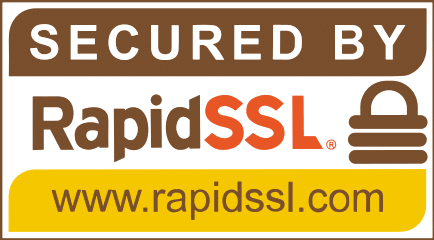Overview
Welcome to the Save a Life Initiative: Bloodborne Pathogens Course. This course is intended to help you prepare to address the health concerns inherent in caring for others and the possible damage the microscopic world can inflict. Unlike traditional academic curricula, you will learn actionable ways to practice and prepare for the bacteria and pathogens you may encounter in your career. If you become exposed to bloodborne pathogens, you will have the knowledge to reduce the chances of disease transmission and to protect others, including co-workers and patients, from possible infection.
This course consists of the materials and information necessary to protect yourself and those around you from being exposed to blood or blood-containing items that you may come into contact with throughout the course of your job.
This training may be required as part of your training for bloodborne pathogens by your employer. In addition, such training is required annually by the Occupational and Safety Health Administration (OSHA). Your employer will provide you with additional training, which will be referred to as an Exposure Control Plan (ECP), on bloodborne pathogens as indicated by your role and responsibilities in your organization.
COURSE OBJECTIVES
- Identify sources of bloodborne pathogens.
- Understand the risks involved when caring for people where you may come into contact with blood.
- Learn how to clean up blood and blood-containing fluids appropriately.
- Understand the importance of personal protective equipment (PPE) for preventing transmission of bloodborne pathogens.
- Explain how bloodborne pathogens are transmitted.
- Learn how to avoid exposure to bloodborne pathogens from the use of sharps.
- Learn how to respond if exposure does occur.
- Create a core sense of responsibility among participants to prevent future incidence of exposure to bloodborne pathogens.
- Upon completion of this course, you will be able to take an active role in reducing bloodborne
- pathogen transmission in the workplace. While the roles of different employees may have varying
- levels of patient contact, the potential for exposure to bloodborne pathogens is ever-present.
Upon completion of this course, you will be able to take an active role in reducing bloodborne
pathogen transmission in the workplace. While the roles of different employees may have varying
levels of patient contact, the potential for exposure to bloodborne pathogens is ever-present.





